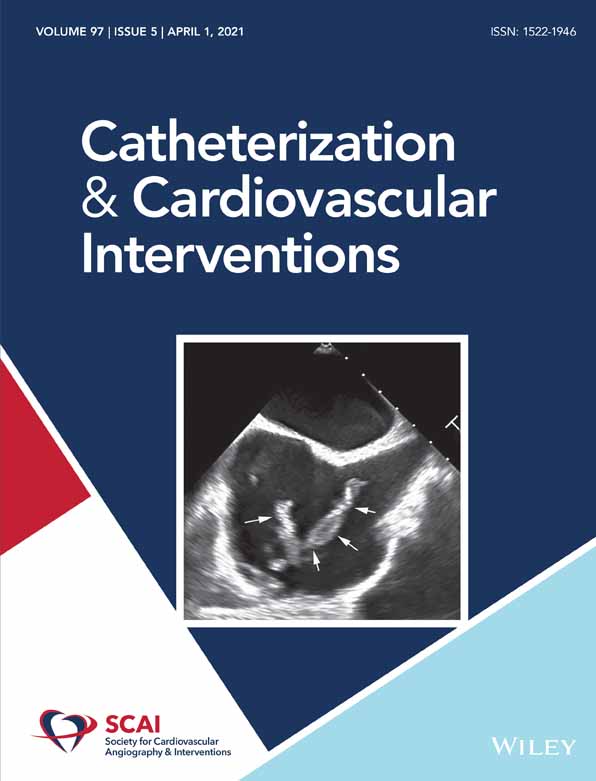Bivalirudin versus heparin in PCI: Is the pendulum swinging again in favor of heparin?
Key Points
- The optimal antithrombotic strategy in patients with left main disease (LMD) and undergoing percutaneous coronary intervention (PCI) remains unknown due to the underrepresentation of these high-risk patients in clinical trials.
- Bivalirudin does not seem to offer any additional benefits when compared with heparin, even in high-risk patients such as those with LMD.
- Additional randomized clinical trials are needed to establish the optimal antithrombotic therapy regimen among LMD patients undergoing PCI.
CONFLICT OF INTEREST
Dr. Johny Nicolas has nothing to disclose. Dr. Roxana Mehran reports institutional research grants from Abbott Laboratories, Abiomed, Applied Therapeutics, AstraZeneca, Bayer, Beth Israel Deaconess, Bristol-Myers Squibb, CERC, Chiesi, Concept Medical, CSL Behring, DSI, Medtronic, Novartis Pharmaceuticals, OrbusNeich; consultant fees from Abbott Laboratories, Boston Scientific, CardiaWave, Chiesi, Cine-Med Research, Janssen Scientific Affairs, Medscape/WebMD, Medtelligence (Janssen Scientific Affairs), Roivant Sciences, Sanofi, Siemens Medical Solutions; consultant fees paid to the institution from Abbott Laboratories, Bristol-Myers Squibb; advisory board, funding paid to the institution from Spectranetics/Philips/Volcano Corp; consultant (spouse) from Abiomed, The Medicines Company, Merck; Equity <1% from Claret Medical, Elixir Medical, Applied Therapeutics, STEL; DSMB Membership fees paid to the institution from Watermark Research Partners; consulting (no fee) from Idorsia Pharmaceuticals Ltd., Regeneron Pharmaceuticals; Associate Editor for ACC, AMA.




